

All eyes are on the new American pope, Leo XIV, but Catholicism's impact on American society today goes far beyond the vicar of Christ.
Catholics were key voices in the fight against slavery and the Civil Rights Movement, and they continue to advocate for the unborn in a post-Roe era. It shouldn’t be surprising, then, that Catholics are stepping up as leaders in the latest civil rights struggle in America: the defense of religious freedom.
Parents like Grace Morrison aren’t willing to let go of their role as primary educators of their children — and the Constitution is on their side.
Just consider the protagonists of the three religious liberty cases under Supreme Court review this term.
1. Mahmoud v. Taylor
Grace Morrison is a Catholic mother of seven from Montgomery County, Maryland, and member of the board of directors of Kids First, an association of parents and teachers advocating for notice and opt-outs in Montgomery County Schools.
Grace’s youngest daughter has Down syndrome and other learning differences. She was enrolled in Montgomery County Public Schools until Grace was told she could not opt her child out of LGBTQ+ indoctrination in the classroom. Forcing the young girl to learn using sexually explicit storybooks woven into the pre-K to 6th grade English curriculum in their school district, according to Grace, directly interferes with her free exercise rights under the First Amendment.
Grace and other families representing a range of faith traditions have brought their case all the way to the Supreme Court.
Predictably, two staunch progressives on the court think nothing of indoctrination in the classroom. Justice Sonia Sotomayor asserted during oral argument that there is nothing “coercive” in the mandatory reading of a book celebrating a same-sex wedding. Her colleague Justice Ketanji Brown Jackson suggested that objecting parents can always opt to send their children to private schools or homeschool.
Thankfully, a majority of the court’s justices didn’t agree that hanging a “Catholics need not enroll” sign in the school front office is totally fine.
Justice Samuel Alito, for example, pressed counsel representing Montgomery County’s school board during oral argument. “What’s the big deal about allowing them to opt out of this?” he asked.
The right to opt out of material that conflicts with sincerely held religious belief is a “big deal” to progressives on the Montgomery County school board because it would allow objecting parents to shield their children from across-the-board indoctrination.
Parents like Grace Morrison aren’t willing to let go of their role as primary educators of their children — and the Constitution is on their side.
2. Oklahoma Statewide Charter School Board v. Drummond and St. Isidore of Seville Catholic Virtual School v. Drummond
Catholics in Oklahoma are also asking the Supreme Court to recognize religious freedom protections in their state’s charter school program.
When Oklahoma’s charter school program certified St. Isidore of Seville Virtual School — an online school created jointly by the two Catholic dioceses in the state— the state attorney general objected and successfully petitioned the state’s highest court to order the charter school board to withdraw certification.
But the school, along with the charter school board, successfully petitioned the Supreme Court to review the matter.
During oral argument, counsel for St. Isidore’s opened with a simple idea: “The Free Exercise Clause bars a state from inviting private parties to participate in an educational funding program while excluding those who exercise their faith.”
St. Isidore’s isn’t asking for preferential treatment but simply to be treated like any other private school seeking charter school status.
Justice Brett Kavanaugh agreed.
Referring to recent cases where the Court struck down restrictions on public funds going to schools because of their religious character, Kavanaugh remarked that “I think those are some of the most important cases we’ve had, of saying you can’t treat religious people and religious institutions and religious speech as second class in the United States.”
3. Catholic Charities Bureau Inc. v. Wisconsin Labor & Industry Review Commission
Finally, Catholics serving the needy in Northern Wisconsin advance a capacious definition of religious activity.
Wisconsin permits exemptions from the state’s unemployment-compensation program for an organization operated primarily for a “religious purpose.” Catholic Charities Bureau — a ministry of the Diocese of Superior, Wisconsin — has operated since 1917 to provide “services to the poor and disadvantaged as an expression of the social ministry of the Catholic Church,” and it sought and was denied an exemption because it hires and serves people who are not Catholic and does not proselytize recipients of its services.
The Supreme Court agreed to review the denial.
During oral argument, Justice Neil Gorsuch perfectly summed up the problem with just one rhetorical question: “Isn’t it a fundamental premise of our First Amendment that the state shouldn’t be picking and choosing between religions, between evangelical sects, and Judaism and Catholicism on the other, for example? And doesn’t it entangle the state tremendously when it has to go into a soup kitchen, send an inspector in, to see how much prayer is going on?”
Amen, Justice Gorsuch.
While you don’t have to be Catholic to defend parents’ rights in education and school choice initiatives free from religious discrimination, courageous Catholics have stepped up to vindicate religious freedom.
This Supreme Court is listening.
.png)
 7 hours ago
3
7 hours ago
3

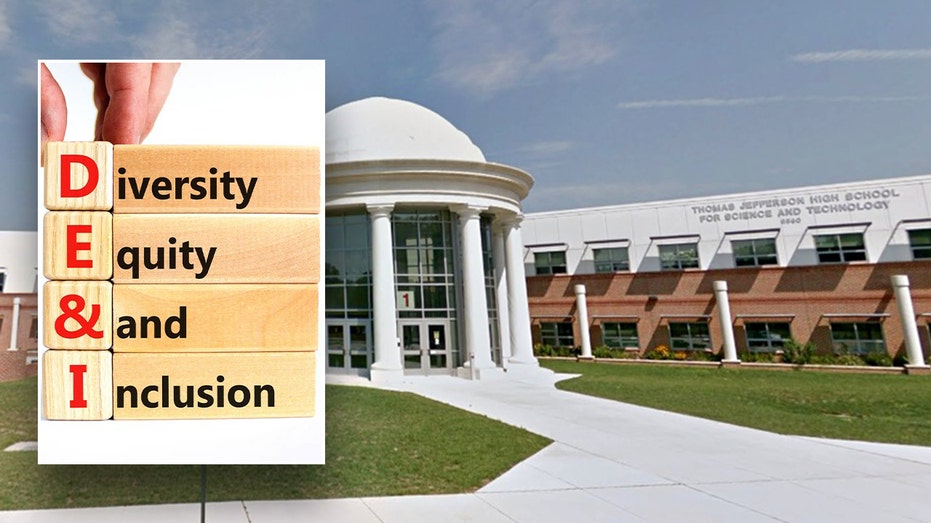



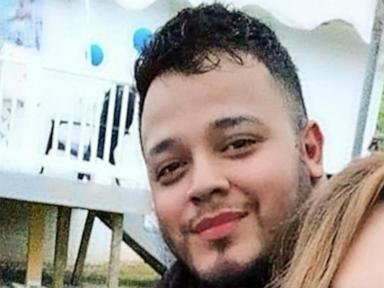

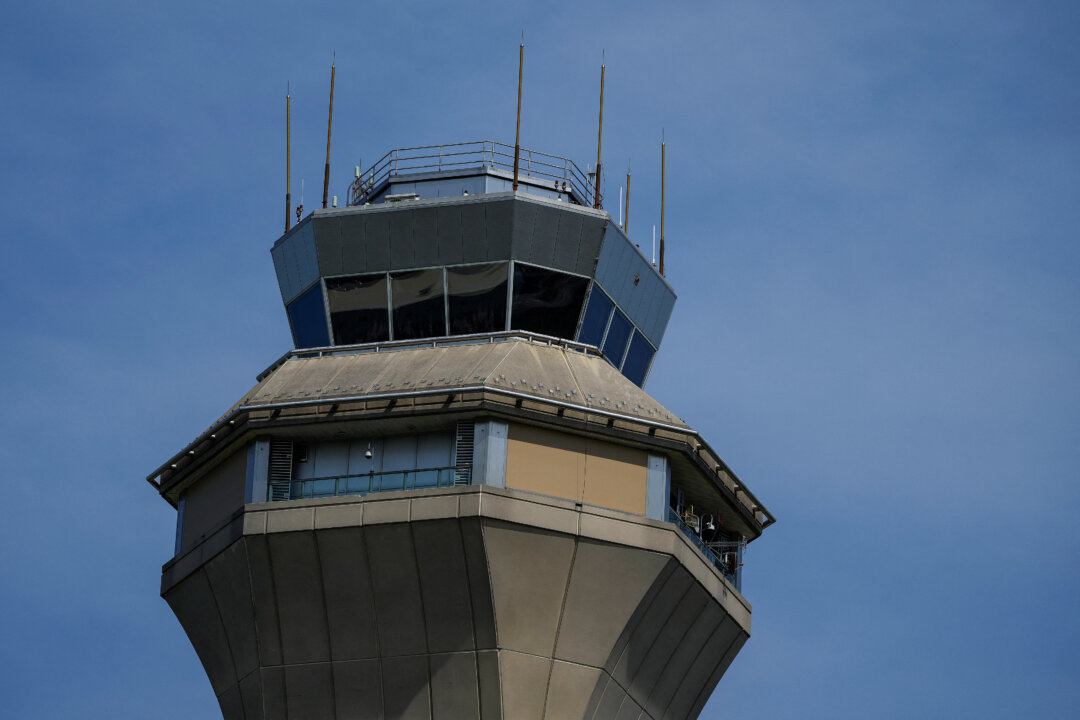
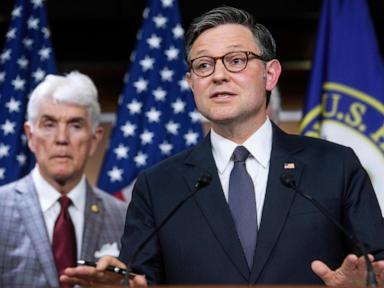


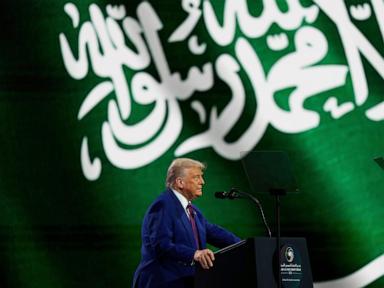
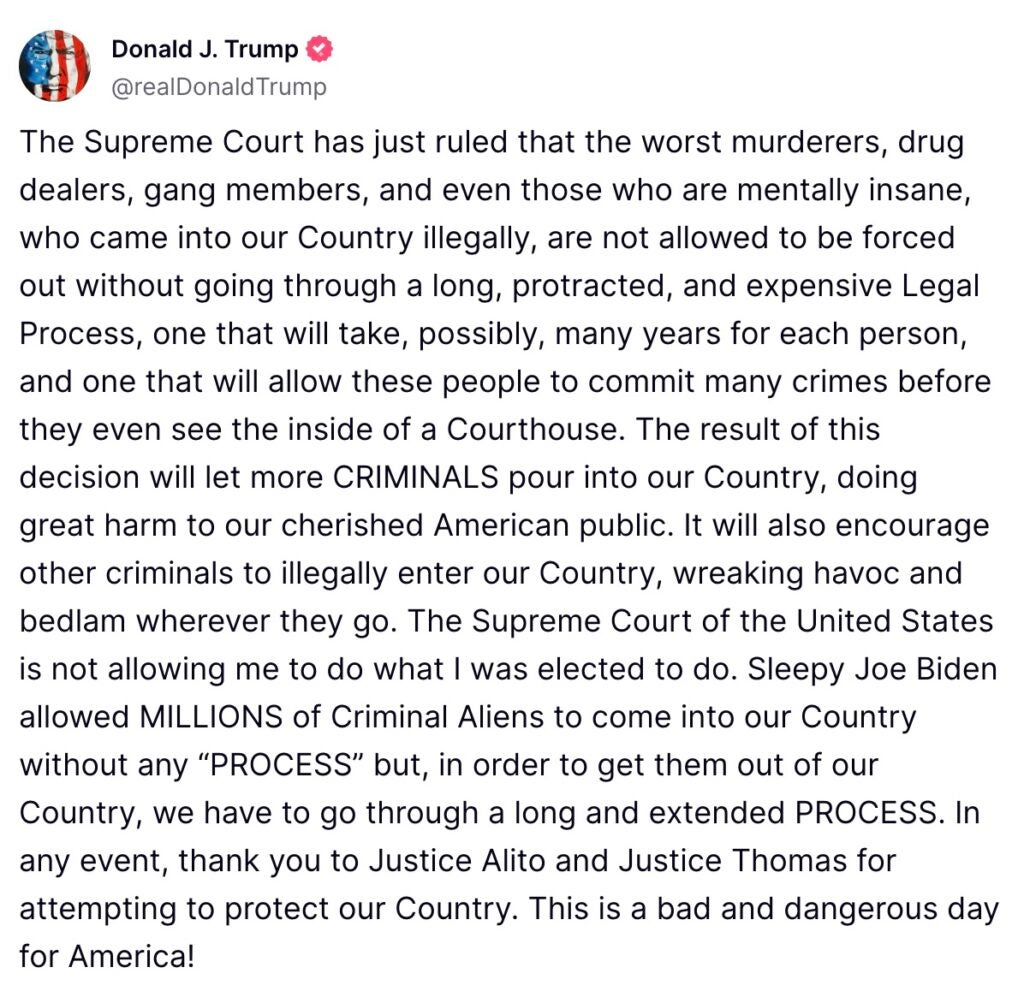
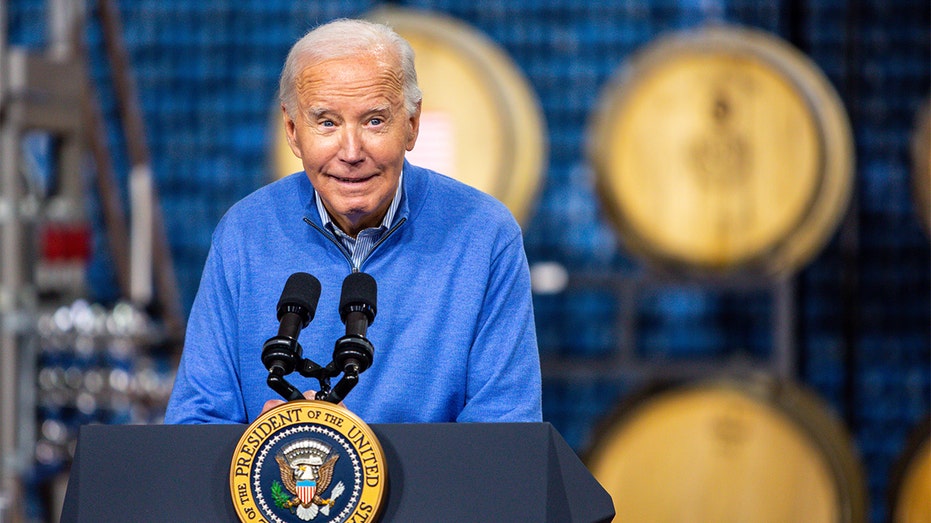
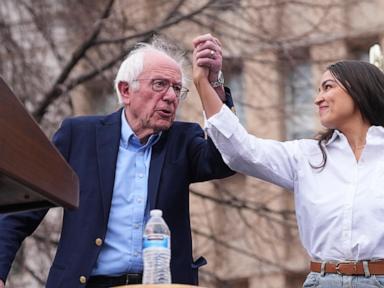
 English (US)
English (US)